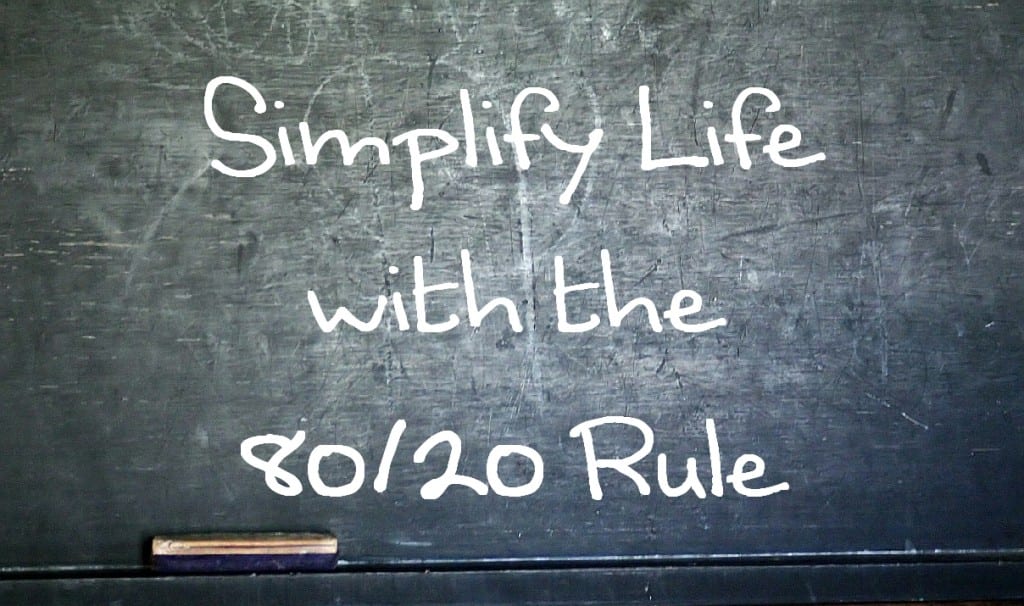It’s hard to be organized when life is out of balance. Unfortunately things can be thrown out of balance quite quickly when liabilities outweigh assets. Stress sets in making it hard to focus on what really matters. It’s difficult to relax and be in the moment. Joy disappears and things get all mucky – life starts feeling like a never ending chore.
So, just what are assets and liabilities? And why do they matter? They are a simple way of defining the positives and negatives in life. And they matter because you can’t balance your life until you identify what’s weighing you down.
 Assets add value. They are nourishing, they feed your soul and they move you toward your goals. An asset gives. What an asset provides might be tangible, as in a monetary return on an investment. Or it might be an emotional reward, such as feeling a sense of purpose.
Assets add value. They are nourishing, they feed your soul and they move you toward your goals. An asset gives. What an asset provides might be tangible, as in a monetary return on an investment. Or it might be an emotional reward, such as feeling a sense of purpose.
Liabilities devalue. They cost money, time and frustration. They leave you feeling depleted. They are the obligations and demands that pay nothing back. They may make you anxious or angry. Resentment often accompanies a liability. Instead of being energizing, they are emotionally draining, leaving you feeling depressed and upset.
I hear a lot people that say they wish they could create more balanced lives. The truth is, outside of extreme circumstances, we all can. What stops anyone from doing so are the liabilities they live with. Liabilities are particularly good at blocking assets. They often scream for attention and have a sense of urgency attached to them. Pareto’s Principle, better known as the 80/20 rule, helps illustrate this.
Pareto was a 19th century Italian economist. Pareto observed that 80 percent of the land in Italy was owned by just 20 percent of the population. This proved true when he looked at other countries as well. He made more observations, all showing that most things in life are not evenly distributed. These observations were the inspiration for the principle eventually named after him.
So how does the 80/20 rule apply to getting organized and balancing our lives? The 80/20 rule states that the relationship between input and output is rarely, if ever, balanced. When you think about Pareto’s Principles in terms of liabilities, it’s altogether possible that your liabilities take up 80 percent of your time, cause 80 percent of your stress, and are responsible for 80 percent of your financial losses.
When applied to work, it means that approximately 20 percent of your efforts produce 80 percent of the results. When applied to people to means 20 percent of you relationships will bring you 80 percent of your joy.
Learning to recognize and focus on the 20 percent of things that fall into the asset category is the key to finding balance. It will take some effort to consciously allow these things take center stage. But as you do, you can begin to let go of the things that bring you down.
Are you in the 80 percent – that is spending your energy? Or are you in the 20 percent zone, that is investing your energy? When you spend you lose, when you invest you gain.
Here are some signs that will help you to recognize whether you’re leveraging time as you should:
You’re in the spending zone if:
You find yourself saying yes when what you really want to say is no.
You feel like you are in perpetual competition mode.
You’re feeling resentful.
You have regrets on a regular basis.
You’re in the investing zone if:
You wake up feeling energized and excited.
You feel in control – you make the right choices for you and your situation.
You feel confident that you will reach your goals.
You feel gratitude.
Have a question about the 80/20 rule, or anything else? Feel free to use the comment section below, or even better, pop over to our private group page and ask away. The group is a great place to find support and inspiration, plus lots of tips and members only goodies!
If you haven’t done so already, I encourage you to sign up for the ESCAPE Clutter and Get Organized E-Course. It’s a free resource to help you declutter and simplify your whole life!

